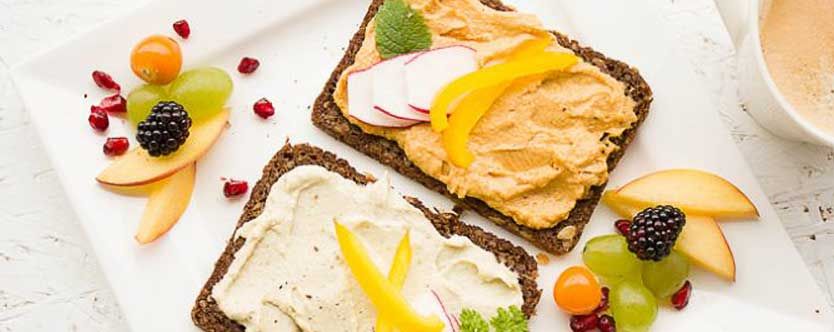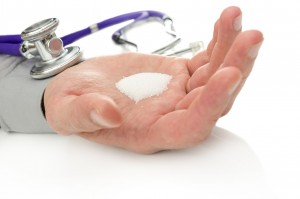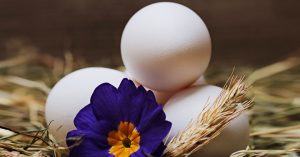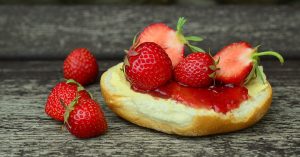
If you are a diabetes type 2 patients or know someone who has diabetes, you must have surely heard of the LCHF diet (Low Carb High Fat) diet. This is a well-known diet, known for its ability to help reverse diabetes.
Doctors claim carbohydrates are the main culprits behind high blood glucose levels and elevated blood sugar levels. That is why the LCHF diet recommends an individual to cut down on their intake of food high in carbohydrates. Once carbs consumption is lowered, blood sugar levels begin to return to normal levels, and good health is restored.
LCHF Diet
While carbohydrates undergo the process of digestion, they are broken down by the digestive system into simple sugars and enter our blood stream. That is where insulin, a chemical produced by our body, comes into the picture. Insulin helps regulates blood sugar levels and keeps them within a healthy range.
However, if you are a type 2 diabetes patient, your body begins to produce less insulin or no insulin at all. With no insulin to keep a check on blood sugar levels, they begin to rise. High blood sugar levels can damage vital internal organs and cause a number of health problems. That is why it is the LCHF an ideal diet for type 2 diabetes patients, as it recommends cutting down on carbohydrates and sugar intake so that your body’s dependence on insulin lowers.
The Diet That Reverses Diabetes!

A study conducted in the UK tried to understand the short-term effects of what happens if a type 2 diabetes patient followed a ‘no carbs’ diet. The study studied over 102 patients over a course of 3 months. The results were published in the Diabetic Medicine in September 2005. At the end of the study, it was concluded that restricting carbohydrates intake was effective in aiding weight loss, treating diabetes, and also improving cholesterol levels.
There was another research conducted by the Duke University Medical Center group. They studied the effect of a low-carbohydrate and ketogenic diet versus a low-glycemic index diet, on glycemic control in type 2 diabetes patients. The study found that 95.2% of the patients managed to lower or even eliminate their glucose-lowering medication within just 6 months of being on the LCHF diet.
Thus, these two studies help prove that the LCHF diet does work effectively in lowering high blood sugar levels, and may also help reverse type 2 diabetes. Yet another advantage of the LCHF diet for diabetes is that it also helps raise HDL (good cholesterol) levels while lowering unhealthy triglycerides naturally. The diet is also known to additionally improve blood pressure readings, enhancing dental health, and reducing body inflammation.
Eat this, Not that!
Now that we know the importance of the LCHF diet, it is important to establish a list of foods one should consume and the ones to avoid while on the LCHF diet. The golden rule to follow here to eat only when you are hungry.
Foods to Eat:

- Add a variety of vegetables to your diet to help bulk up to your diet.
- If you have a highly active lifestyle, include protein-rich foods such as quinoa, eggs or brown rice into your diet.
- If you feel hungry you can snack on nuts, berries, or popcorn.
- Healthy meat options include chicken, lamb, or even pork.
- Fatty fish such as salmon, mackerel, sardines or herring are good protein options.
- Make sure you cook your food in coconut or olive oil.
Foods to Avoid:

Now that you know what you should be eating, let’s talk about what food you need to avoid.
- Avoid packaged juices, soft drinks, and fruit juices.
- Avoid sugar-laden pastries, cakes, tarts, and other sugary treats. Stay away from artificial sweeteners.
- Stay away from artificial sweeteners.
- Avoid packaged breakfast cereals as they are high in sugar content.
- It is best to avoid processed and starchy carbs such as bread, pasta, white, rice, potato chips, and also muesli.
- Cut down on your intake of root vegetables.
- Avoid alcohol. If you must drink, opt for dry wines or distilled alcohol (rum, whiskey, vodka), mixed with water. Also, avoid mixing your drinks with fruit juice or sodas.
Learn More: Food for Diabetics
Also, remember to eat fruits sparingly, as most fruits are high in natural sugars. Restrict your fruit intake to no more than one or two fruits a day. Safer fruit options include apples, plums, papaya, and peaches. Try and avoid consuming mangoes, pineapples, bananas, and grapes.
Now, remember, before incorporating any major changes into your diet, please consult your doctor or dietician!
